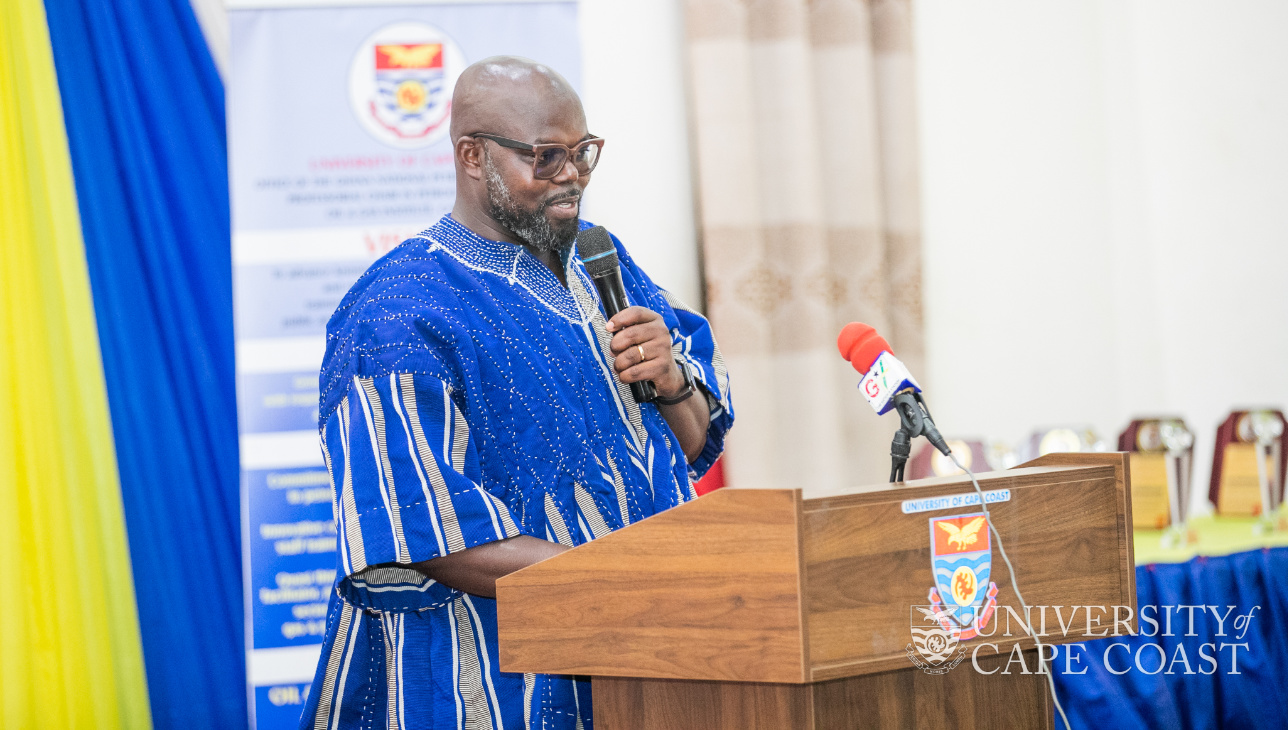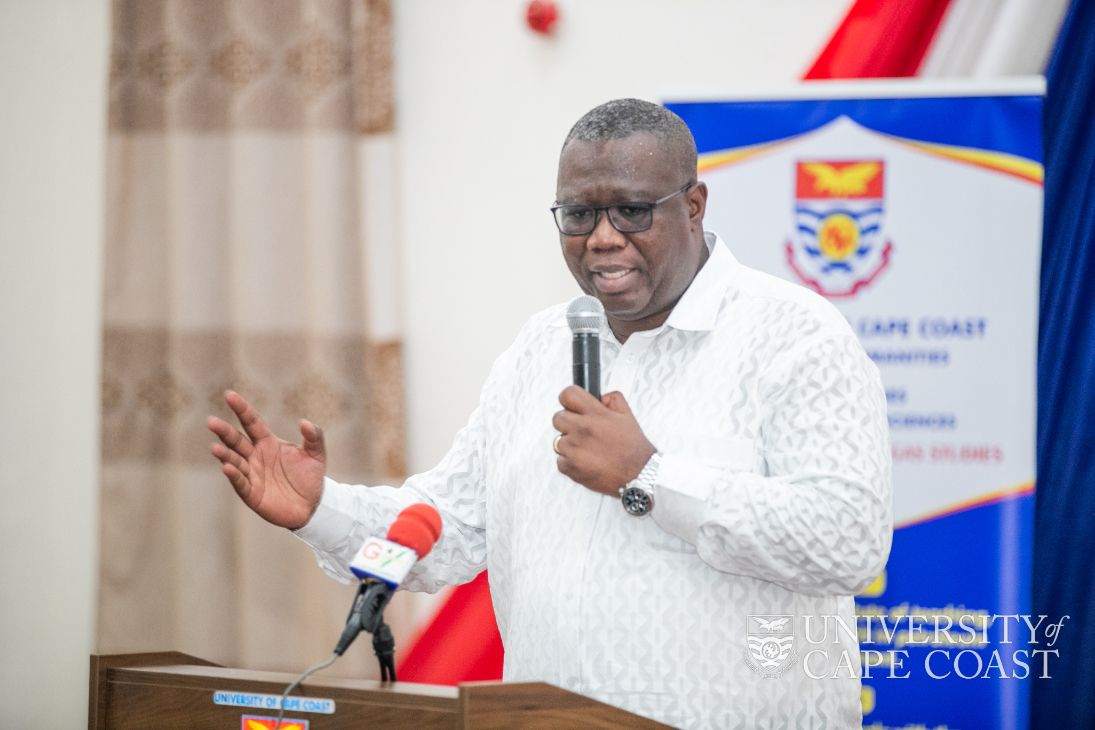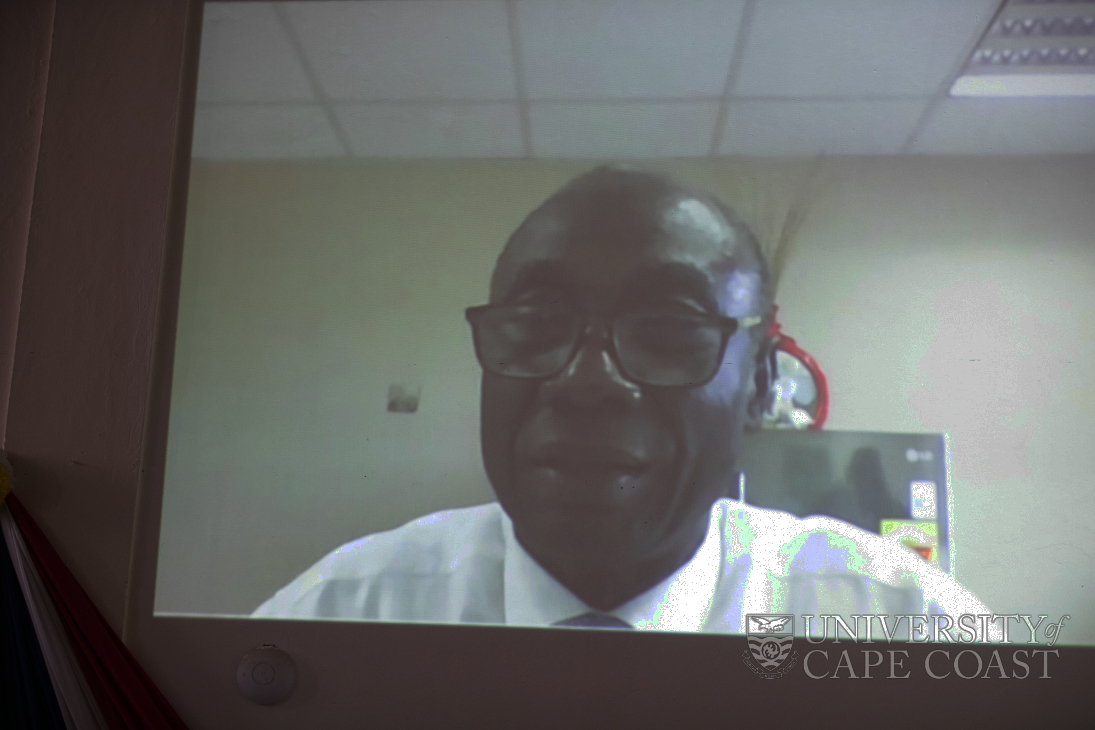A former Minister of Power, Dr. Kwabena Donkor, has called on government to channel its focus on renewable energy to accelerate the development of the nation.
He said renewable energy in particular plays a critical role in fighting growing inequality, wiping out extreme poverty and tackling challenges of climate change.
Dr. Donkor was speaking via virtual at the 9th Oil and Gas Public Lecture and Awards ceremony organised by the Institute of Oil and Gas Studies of the University of Cape Coast.
The lecture was on the theme: " Managing into the future of oil and gas in Ghana; Issues, Constraints and Prospects."
According to him, government’s effort to address the country’s energy supply challenges and ensure sustainable development passed the Renewable Energy Act, 2011 (Act 832).
The Act, he explained, was to provide the legal framework for large-scale deployment of renewable energy technologies.
Dr. Donkor, who is also the Member of Parliament for Pru East, urged the state to strengthen the capacity of local insurance companies and banks to serve as financial backbone of the private sector led oil and gas exploration production.
Dr. Kwabena Donkor speaking via virtual at the lecture
The former Minister of Power pointed out that currently, Volta Aluminum Company (VALCO) was operating only one out of the five pot lines due to lack of electricity. Therefore, he argued that it would be prudent to dedicate Akosombo Dam with its cheaper operational cost to VALCO operations.
He further averred that the trickling down effect of such a decision would have enormous economic benefits, since employment would be generated directly and indirectly from the value chain line.
Dr. Donkor praised Genser Energy-one of the oil exploring companies in Ghana for giving opportunities to more Ghanaians to work in providing energy solutions to the industrial and mining sectors of Ghana.
He entreated the Petroleum Commission to engage researchers to make meaningful impact on gas reinjection on the Jubilee field reservoir.
His recommendation was based on fact that Ghana was benefitting from uninterrupted electricity supply as a result of the availability of domestic gas in large quantity.
"Therefore any compromise in the supply of domestic gas exposes the body politic of the Challenges of dependency on the West Africa Gas Pipeline" he continued.
In order to revamp the participation of Small and Medium Enterprises (SMEs) in the Oil and Gas Sector, Dr. Donkor called for intervention of the Ministry of Trade and Industry to engage financial institutions to reduce their interest rates for SMEs to play key role in the sector.
The Director of the Institute, Prof. Simon Mariwah, in his opening remarks, said the funding of students to pursue Oil and Gas programmes in the country was woefully inadequate and asked for more funding to enable students to receive scholarships in that sector.

Director of the Institute, Prof Simon Mariwah
He commended deserving students and industry players for their hard work to promote oil and gas in the country.
The Chief Executive Officer of the Petroleum Commission, Mr. Egbert Faibille Jnr., on his part, noted that the Petroleum Commission was leading a national discussion on opportunities to raise funds to boost the exploration and production of petroleum resources.

Chief Executive Officer of the Petroleum Commission, Mr. Egbert Faibille Jnr,speaking at the lecture.
That, he added, would be part of a pragmatic and practical step towards promoting local content and help develop local participation in the oil, natural gas and coal industry. (Pls, I know it’s a style but check the sentence again especially coming after the picture. It may be fine if it is added to his first statement)
He said boosting investments in upstream petroleum exploration and production had become critical because of international investor agencies.
That was due to current global conversations around transitioning from fossil-based energy production and consumption to renewable energy sources such as wind and solar, as well as lithium-ion batteries, he explained.
As part of activities for the programme, awards were presented to deserving industry players in the oil and gas sectors who had contributed positively in diverse ways to the Institute as well as students who had distinguished themselves academically.


